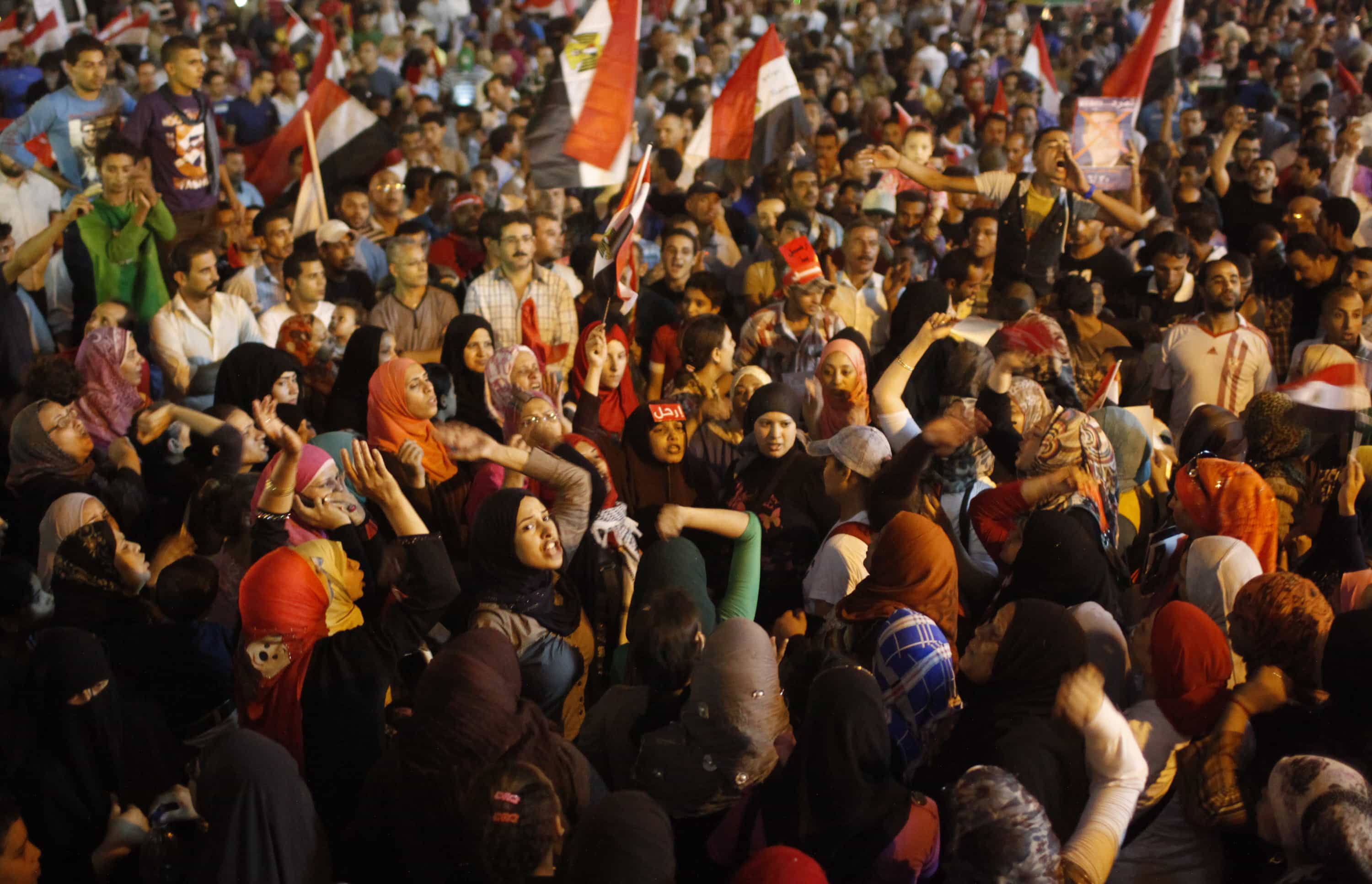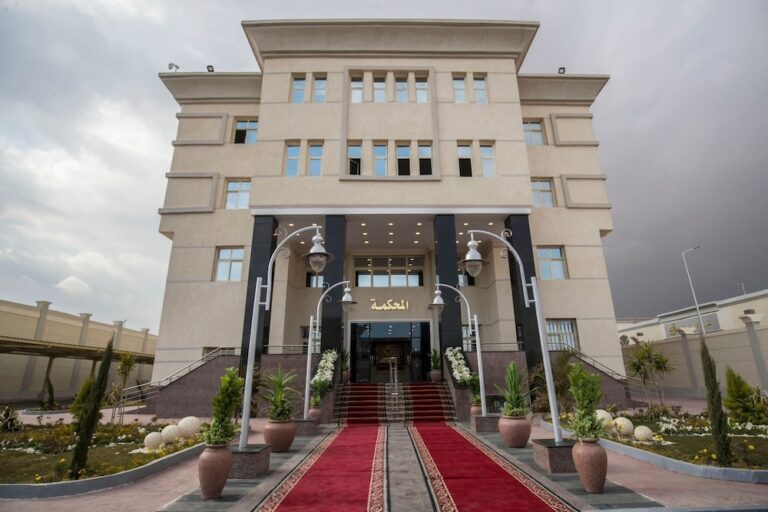Mohamed Heiza Bazid, a journalist for the Welad El Balad Foundation, was kidnapped and tortured while covering clashes between supporters and opponents to the Muslim Brotherhood on 26 June 2013. Protests have been erupting anew in Egypt as the anniversary of President Mohamed Morsi's one year in office draws near.
In a flagrant violation of freedom of the press, Mohamed Heiza Bazid, journalist at Welad El Balad – Mansoura branch of the Welad El Balad Media Services – was kidnapped and tortured while covering clashes between supporters and opponents to the Muslim Brotherhood on the 26th of June 2013 in the city of Mansoura, Dakahleya governorate, north of Cairo.
The kidnappers blindfolded Bazid, took him to an unknown location and electrocuted him while interrogating him about his colleagues in the foundation. After about seven hours of detention and torture they left him on the university road in Mansoura at around 2 am in a state of extreme fatigue. After he was found by his colleagues he was taken to the international hospital, where the medical report confirmed that he was subjected to electric shocks delivered to various parts of his body.
After regaining consciousness, Bazid discovered that his tablet computer and 3000 pounds belonging to a civil association were stolen in addition to all his personal belongings. According to him, the kidnappers took him to another group who tortured him outside the city of Mansoura. He believes it was in its vicinity. He then added that he heard a child being tortured during his presence in their detention.
Bazid also said that all circumstances indicate that the reason for the kidnap was related to terrorizing and intimidating journalists who cover clashes between the Brotherhood and opponents to Mohamed Morsi in the city of Mansoura, a claim he makes in view of the detailed questioning regarding others working at Welad El Balad Foundation, as well as in view of the organized way the crime was committed i.e having two teams; one for the kidnapping and the other for torture, interrogation and threats.
The attack on Bazid comes in the context of an organized hate campaign against journalists and media personnel by president Mohamed Morsi and his supporters. The year of Morsi’s rule is by far the worst in the history of Egyptian press and media, where the Association for Freedom of Thought and Expression (AFTE) documented a large number of violations aimed at media personnel.
During the months of January to April 2013, AFTE documented 53 cases of physical assault against journalists in various clashes, both from the police and supporters of the president, as a result of a continuous agitation against media personnel by state officials, the most recent of which was yesterday’s [26 June 2013] presidential speech to the nation, when Morsi explicitly attacked a number of satellite channel owners, accusing them of corruption.
This agitation against the press was frequently mentioned by the president and has resulted in a state of congestion against mass media outlets that then translated into several assaults on journalists. In some cases, these assaults culminated in death as was the case with journalist El Husseiny Abu Deif, who was killed by members of the Muslim Brotherhood during clashes at the presidential palace last December.
This is not the first time that journalists working for the Welad El Balad Media Services were targeted while doing their jobs. The Foundation had reported assaults on more than five of its journalists during February and March 2013 and had issued a press release concerning those violations, which has been, until now, ignored by the respective authorities.
Welad El Balad Media Services and AFTE once again demand that Egyptian authorities, both executive and judicial, provide the mandated protection of journalists while covering events as well as undertake the necessary measures to identify the perpetrators of such crimes, in accordance with article 48 of the constitution which grants freedom of the press, publishing, distribution and the various media channels, as well as article 12 of the press organizing law which states that “insult or attack on journalists because of their work is punishable by the same punishments specified for the insult or assault on a public state employee in the criminal code.”
The two organizations also reaffirm the need and urgency for respecting journalists’ rights in covering news, based on the right of society to receive true information and for which the press constitutes a bridge and a channel. Any attack on journalists on the job is a violation of the right of the public to access information.
The two organizations also reaffirm that intimidation campaigns against journalists and media personnel will not prevent or obstruct them from their duty to provide media services to the public in this crucial moment in the history of the Egyptian revolution.
Signed,
Welad El Balad Media Services



